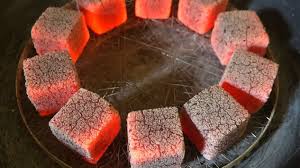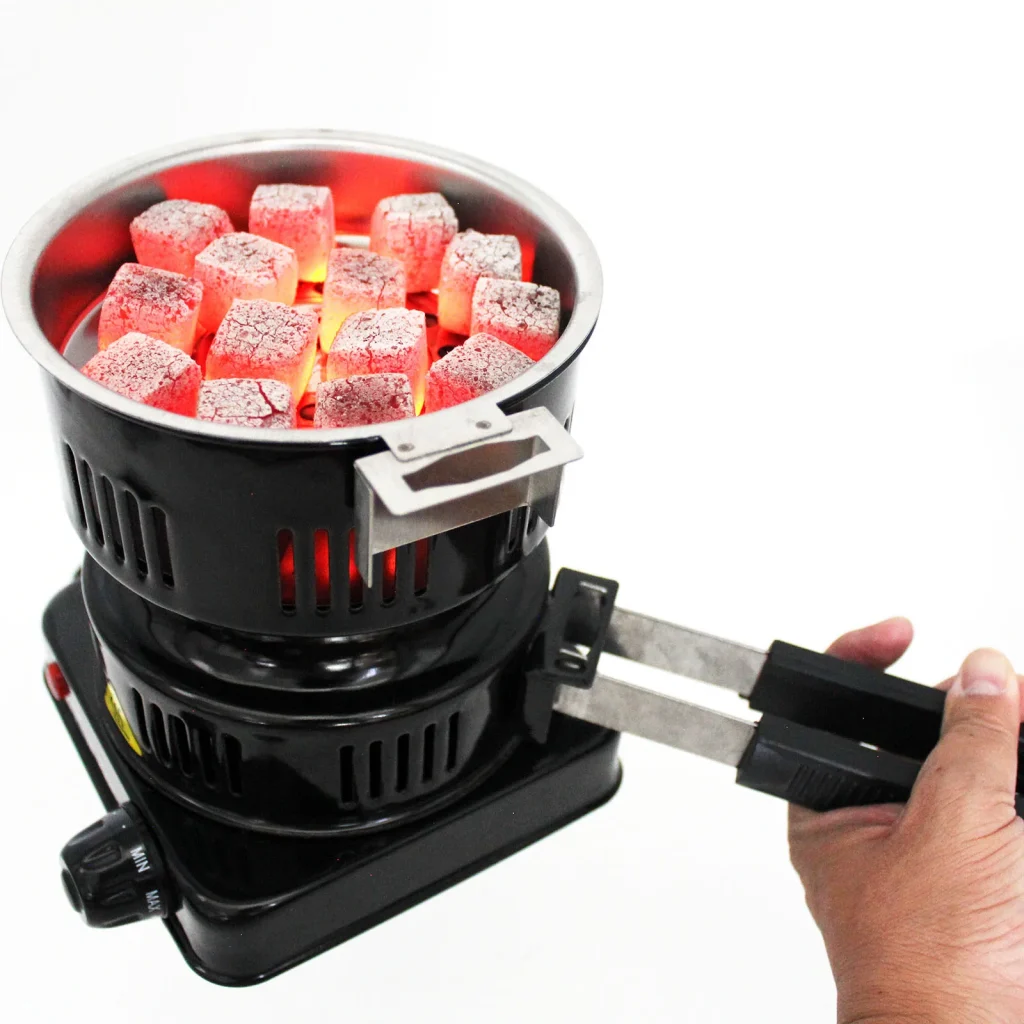Properties of Coconut Charcoal make it an ideal choice for various applications, from cooking and heating to industrial uses. Unlike traditional charcoal made from wood, coconut charcoal offers unique characteristics that enhance its performance. Its composition allows for cleaner burning, longer burn times, and better heat distribution.
In this article, we’ll dive into the remarkable properties of coconut charcoal and explore why it has become increasingly popular in recent years.
High-Heat Capacity
Coconut charcoal is known for its high heat capacity, which offers several advantages for grilling:
1. Faster Cooking
Due to the intense heat it generates, coconut charcoal allows food to cook more quickly. This is particularly useful when grilling steaks or vegetables, as the high heat helps sear the outside, locking in moisture and flavors while keeping the inside juicy and tender. The rapid cooking process also preserves the natural taste of the food, providing a better grilling experience.
2. Efficient Grilling
The high heat capacity ensures that the grill maintains a stable temperature, which results in more consistent cooking. As a result, you spend less time on the grill, reducing the risk of overcooking or undercooking your food. This also allows for more even heat distribution, leading to better results overall.
Low Smoke Emission
Coconut charcoal produces minimal smoke compared to regular charcoal. This makes it more suitable for cooking indoors or in areas where smoke emission could be a concern. Its low smoke production also contributes to a cleaner grilling experience, with less disruption from smoke and fewer lingering odors, making it especially beneficial for BBQ enthusiasts.
Eco-friendly and Sustainable
Coconut charcoal is a sustainable and eco-friendly alternative to traditional wood charcoal. It is made from the shells of coconuts, a byproduct of the coconut industry, making it a form of recycling that contributes to reducing waste. Moreover, its production has a lower environmental impact compared to wood charcoal, which often contributes to deforestation. By choosing coconut charcoal, consumers support a more sustainable energy source.
Long Burning Time
Coconut charcoal is known for its extended burn time, which offers multiple advantages for grilling:
1. Extended Cooking Time
The charcoal’s ability to burn for longer periods means that you can cook food for extended times without needing to replace the charcoal. This is especially beneficial for grilling large cuts of meat, such as roasts or whole chickens, which require slow and consistent heat.
2. Cost-Efficient
Because coconut charcoal burns longer, you’ll need to use less charcoal overall. This makes it a more economical option for those who grill frequently, helping you save money in the long run while reducing the need for constant replenishment of charcoal.
Porosity and Absorption
Another important property of coconut charcoal is its high porosity. The coconut shell’s structure makes it porous, which allows it to absorb moisture, toxins, and impurities effectively. This is why coconut charcoal is often used in air purifiers and water filtration systems. When used in cooking, its porous nature helps trap excess moisture, leading to a crispier finish for grilled foods.
Conclusion
To sum up, the properties of coconut charcoal make it a superior choice over traditional charcoal. Its high heat capacity, low smoke emission, eco-friendliness, long burn time, and porosity make it an efficient, clean, and sustainable option. Whether for grilling, heating, or industrial use, coconut charcoal offers numerous benefits.
Why choose coconut charcoal? Discover its advantages today!



